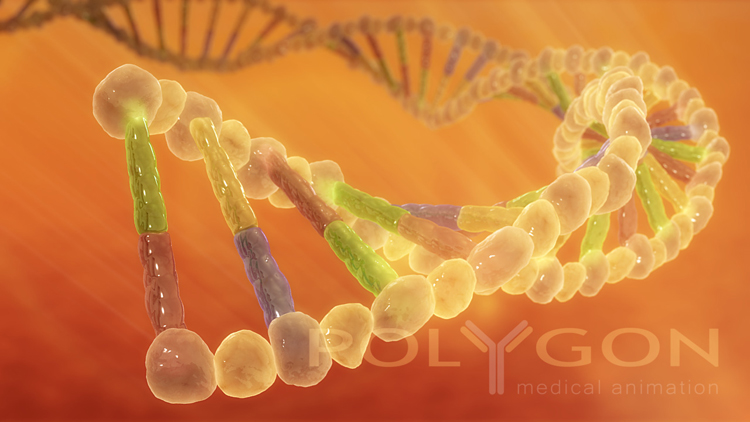Are you a runner? Have you heard of marathons such as the San Francisco Marathon or the Boston Marathon? Well, running a marathon requires a unique diet, training regimen, and determination. What most people don’t know is that genetics has an impact as well.
Running a marathon places an enormous stress on the muscles due to the number of impacts and the force of the ground on the legs. Juan Del Coso of the Camilo José Cela University explains that runners take up to 60,000 steps during a marathon. Each step they take can generate up to three times their body weight. Consequently, this causes attrition of muscle fibers in the legs and releases proteins, such as creatine kinase and myoglobin, into the blood. Higher blood concentrations of creatine kinase and myoglobin are correlated with more wearing and tearing, which leads to muscle pain and fatigue.
Image Source: vgajic
The researchers studied marathon runners as they performed vertical jumps. They analyzed seven different genes using blood tests and rated the genes based on their ability to withstand muscle deterioration. The researchers concluded that runners with better muscle genetics because they had lower concentrations of the proteins released from the muscle in their bloodstream. This meant that their muscle are more likely to have less attritional changes while running for extended periods of time.
These findings could help optimize training regimens for runners based on their genetic makeup. However, Del Coso warns that runners shouldn’t feel disappointed if tests show they exhibit poor muscle genetics. Instead, it means they will have to adjust their training to prepare for marathons adequately. The take-home message is that even though genetics give some runners an advantage over others, everyone should train hard to reach the finish line.
Featured Image Source: tex Polygon Medical Animation – DNA by Polygon Medical Animation










